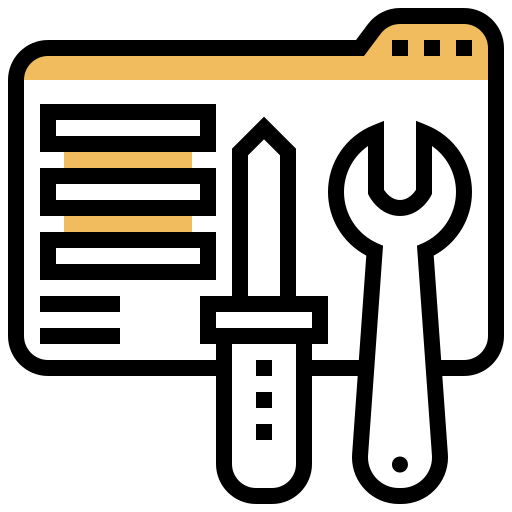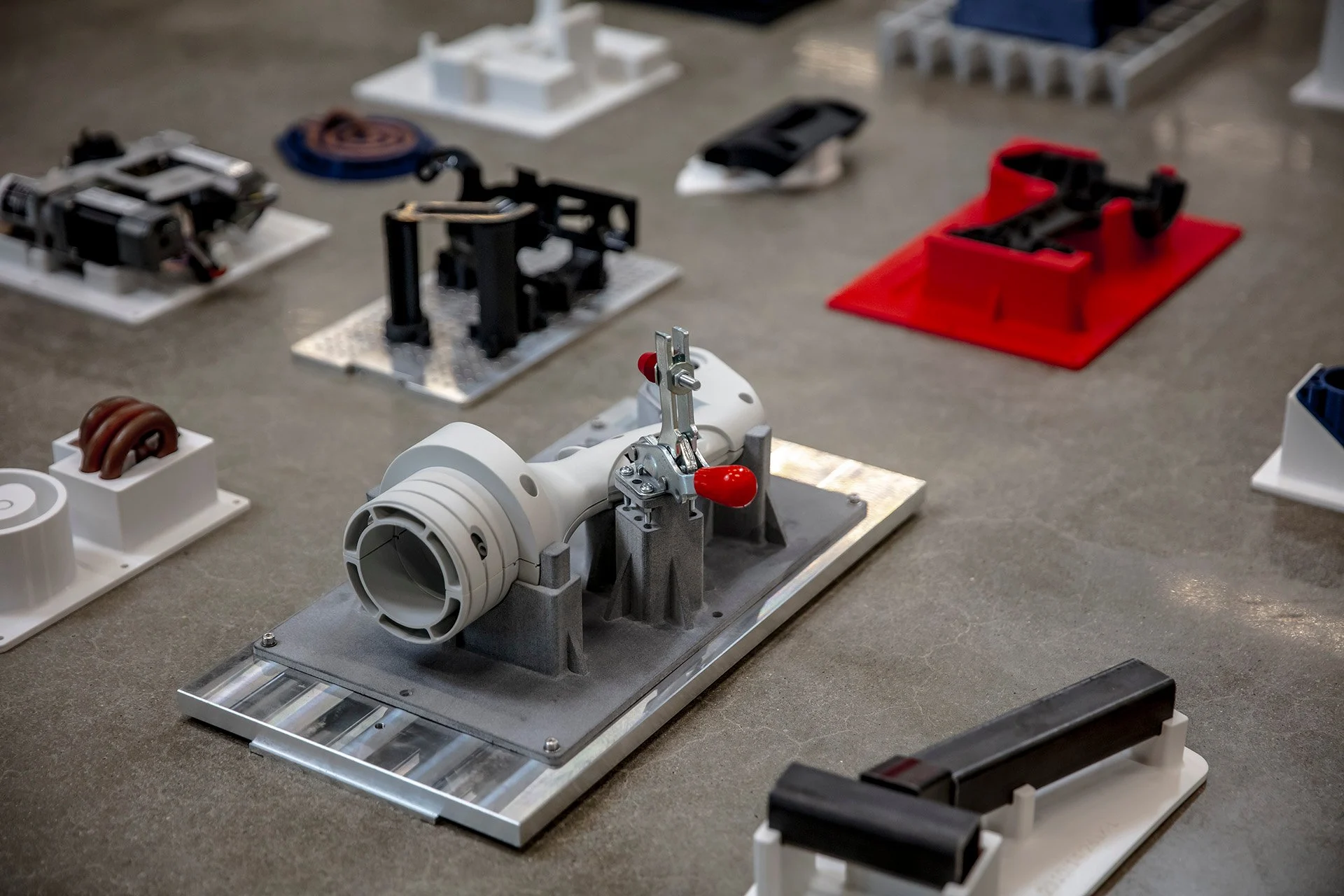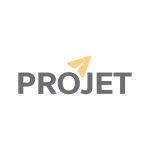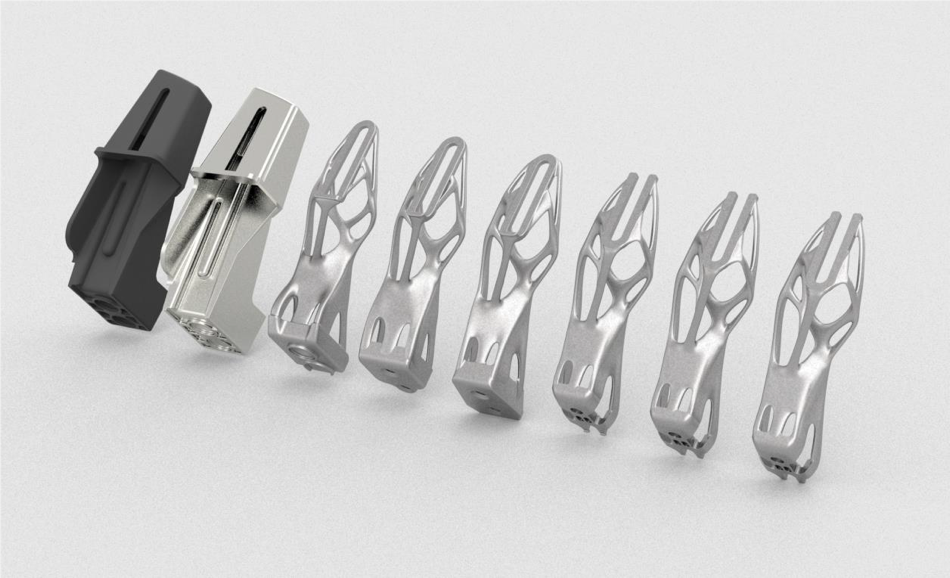The Revolution of 3D Printing
3D printing, also known as additive manufacturing, is rising. It is creating a revolution in custom tooling, especially for 3D-printed fixtures. Traditional methods of fixture creation can be time-consuming and expensive. 3D printing technologies include FDM, SLS, and SLA. They let manufacturers print plastic and composite fixtures directly from CAD files. This streamlines the design-to-production process, saving significant time and money.
What are Fixtures in 3D Printing?
Fixtures are crucial in 3D printing. They are specialized tools. They hold workpieces tightly. They keep them in precise positions. This happens during manufacturing processes like welding, assembly, or inspection. Jigs guide cutting tools and fixtures stabilize workpieces. They keep the pieces in the same place as they are printed. Fixtures help tasks with many parts succeed. They do this by ensuring all parts are the same and are placed accurately.
Types of Fixtures
When it comes to fixturing, manufacturers use several main types. These include assembly, inspection, marking, metrology, and welding fixtures.

Assembly Fixtures:
Assembly fixtures are crucial. They help to accurately assemble components and products. These fixtures hold parts in place. They ensure a precise fit and proper function during assembly. Assembly fixtures have many benefits. They include faster assembly, better accuracy, fewer errors, and higher productivity. They are used in many industries, such as automotive, appliance, electronics, and aerospace. They make manufacturing faster and products better.

Metrology Fixtures:
Metrology fixtures are also called coordinate machine measurement (CMM) fixtures. They play a crucial role in measuring dimensions and other operations. These fixtures are used to securely hold and position parts, probes, or workpieces. They are used during precision measurement. Metrology is the science of measurement. It has both practical and theoretical aspects.
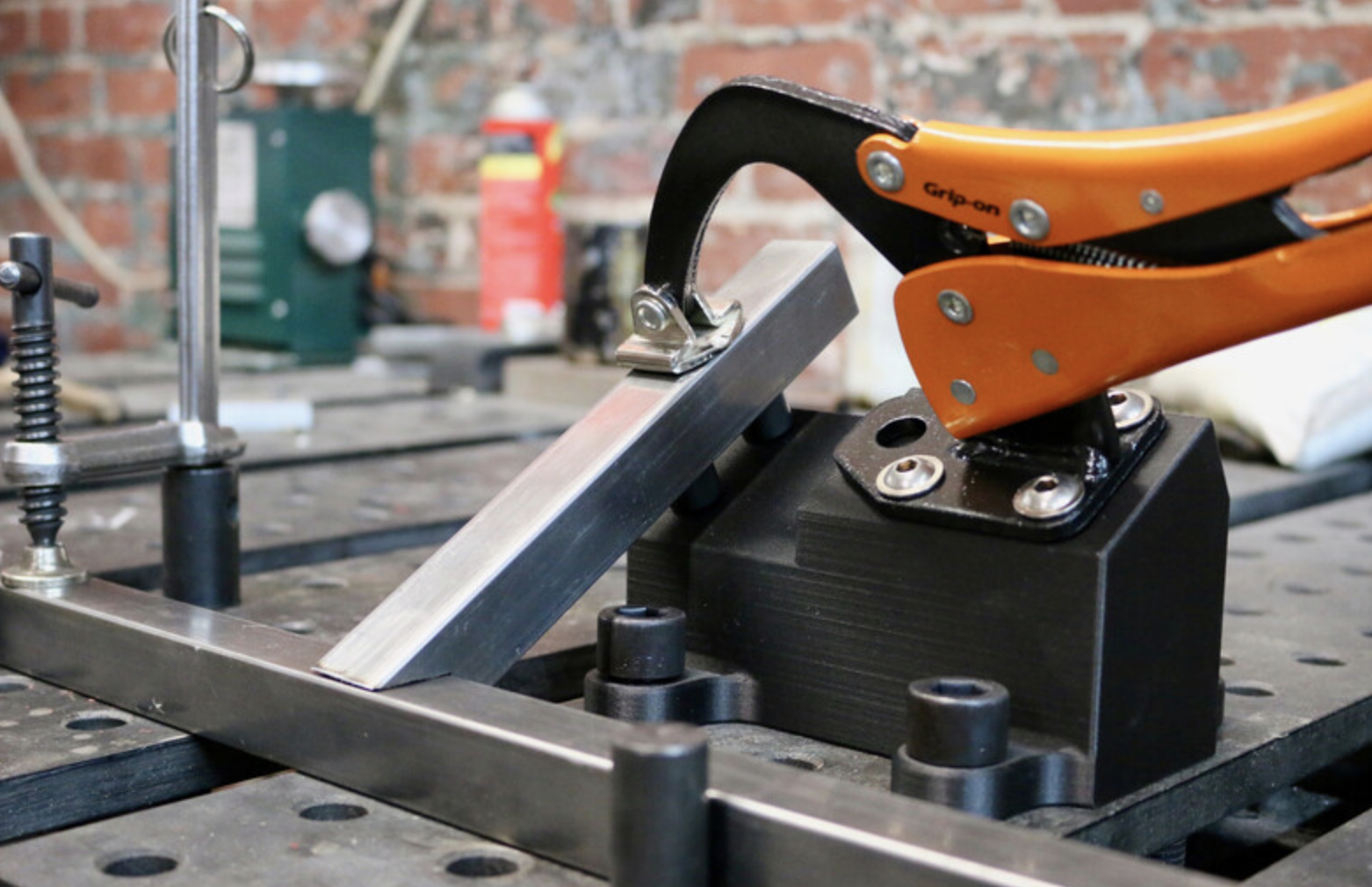
Welding Fixtures:
Welding fixtures are tools used in welding. They hold and position workpieces. They stabilize the workpiece to achieve proper alignment, resulting in accurate welding. Welding fixtures improve weld quality, repeatability, and productivity and are employed in the automotive, aerospace, construction, and metal fabrication industries.

Marking Fixtures:
These fixtures are used in manufacturing. They make accurate and matching marks on workpieces. They improve the quality, efficiency, and repeatability of markings. These include branding, serial numbers, product labeling, barcodes, and part identification. Laser marking fixtures use a laser for precise, permanent marks. They are common in industries like aerospace, electronics, automotive, and metalworking.

Inspection Fixtures:
Inspection fixtures are specific tools. They are used in quality control to position and hold workpieces during inspection. They are often used with a Coordinate Measuring Machine (CMM). They contribute to better accuracy, repeatability, and efficiency during inspection processes. Inspection fixtures find applications in aerospace, electronics, automotive, and precision manufacturing.
Benefits of 3D Printed Fixtures:
- Reduced Lead Times: 3D printing drastically cuts lead times. It’s much faster than traditional tooling. Parts can go from a CAD file to a finished tool in hours or days, rather than weeks or months. This translates to faster production ramp-up and quicker time-to-market for new products.
- Lower Costs: There are no minimum orders, expensive tools, storage, or machining. Even single-use prototypes are affordable. On-demand printing eliminates the need for inventory, further reducing expenses. This makes 3D-printed fixtures ideal for low-volume production runs.
Rapid Prototyping and Iteration: You can make design changes fast. Just edit the file and reprint the fixture. This eliminates the need for extensive rework, enabling rapid prototyping and design iterations. We can explore more design ideas in less time. This will lead to better product development.
- Customization: 3D printing allows for custom tools. They can be for unique parts or processes. The tools include design-for-manufacturing from the start. Also, internal shapes can be complex. They can include moving parts. These parts optimize alignment and speed integration. 3D printing can make jigs for rare, obsolete, or unique parts. Traditional machining struggles with these parts.
Summary
Projet considers 3D printing service as a key factor to the success of fast adoption of AM in manufacturing, We offer a range of capabilities, including 3D printing technologies such as FDM, SLA, and SLS, along with various solutions like rapid prototyping, mechanical design, and reverse engineering. We eagerly anticipate the opportunity to support your company in its processes.
Connect with Projet:
If you’ve had a positive experience with Projet that you’d like to share, please reach out to us at [email protected]. We eagerly anticipate hearing from you.
For additional information, visit our website for comprehensive details about our services and contact information. Our friendly team is ready to assist you at any time.






